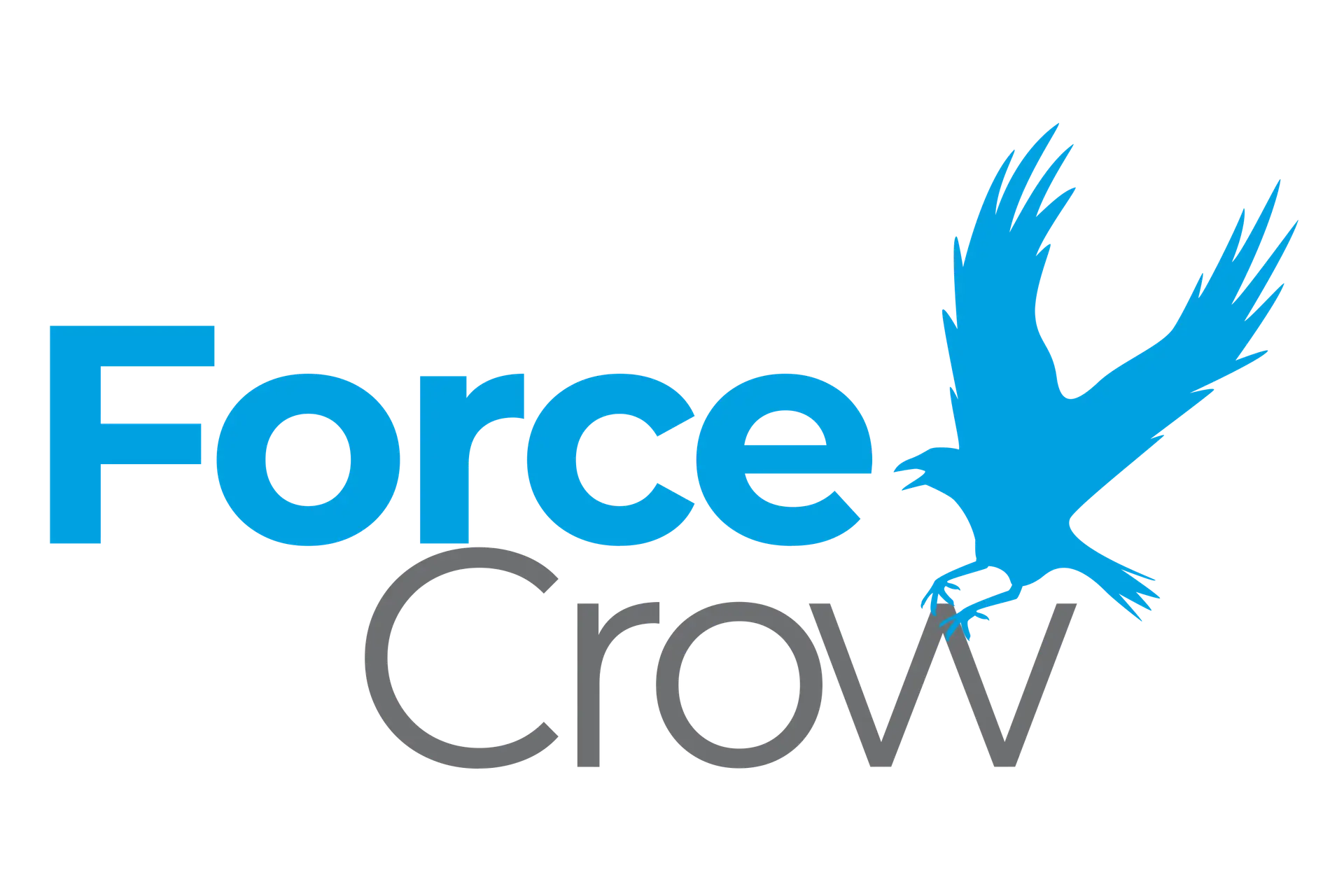In the evolving landscape of Salesforce (CRM) development, Unlocked Packages have emerged as a pivotal tool for modular application development and streamlined deployment. Designed to enhance flexibility, scalability, and collaboration, Unlocked Packages offer a modern approach to managing metadata across Salesforce environments.
Salesforce Unlocked Packages
What Are Unlocked Packages?
Unlocked Packages are a packaging mechanism introduced by Salesforce to facilitate modular development and deployment. Unlike traditional Change Sets or the ANT Migration Tool, Unlocked Packages enable source-driven development, allowing developers to manage metadata using version control systems and Salesforce DX. This approach promotes better collaboration, continuous integration, and streamlined deployments.

Features of Salesforce Unlocked Packages
- Modular Development: Break down applications into smaller, manageable units, each representing a specific functionality or feature.
- Source-Driven Development: Maintain metadata in a version control system, ensuring consistency and traceability.
- Version Control Integration: Seamlessly integrate with tools like Git to manage changes and collaborate effectively.
- Dependency Management: Define and manage dependencies between packages, ensuring proper installation order.
- Continuous Integration (CI) Support: Facilitate automated testing and deployment pipelines using CI tools.
- Upgrade and Downgrade Capabilities: Easily upgrade or downgrade package versions without affecting other components.
- Cross-Org Compatibility: Deploy packages across different Salesforce environments, including Scratch Orgs, Sandboxes, and Production Orgs.
Types of Packages in Salesforce
Salesforce offers various types of packages to cater to different development and deployment needs:
1. Unmanaged Packages
- Purpose: Ideal for one-time deployments or sharing metadata between organizations.
- Characteristics: Non-upgradable, no version control, and no dependency management.
2. Managed Packages
- Purpose: Designed for Independent Software Vendors (ISVs) to distribute applications on AppExchange.
- Characteristics: Support for versioning, namespace, and IP protection.
3. Unlocked Packages
- Purpose: Tailored for internal development teams to build and deploy modular applications.
- Characteristics: Support for source-driven development, version control, and dependency management.
Benefits of Using Unlocked Packages
- Enhanced Collaboration: Developers can work concurrently on different modules without conflicts.
- Improved Traceability: Track changes and maintain a history of modifications.
- Faster Deployments: Deploy only the necessary components, reducing deployment time.
- Scalability: Easily scale applications by adding or removing modules as needed.
- Reduced Errors: Minimize human errors by automating deployment processes.
How to Create and Deploy Unlocked Packages
To create and deploy Unlocked Packages, follow these steps:
- Set Up Salesforce DX: Install Salesforce CLI and authenticate to your Dev Hub.
- Create a Project: Initialize a new Salesforce DX project using the CLI.
- Define a Package: Use the command
sfdx force:package:createto define a new package. - Add Metadata: Add the necessary metadata components to your project.
- Create a Package Version: Run
sfdx force:package:version:createto create a new version of your package. - Install the Package: Use
sfdx force:package:installto install the package into your target org.
Use Cases for Unlocked Packages
- Internal Business Applications: Develop and deploy custom applications tailored to your organization’s needs.
- Feature Enhancements: Add new features to existing applications without disrupting the entire system.
- Environment Migrations: Migrate specific components between different Salesforce environments.
- Continuous Delivery Pipelines: Integrate with CI/CD tools to automate testing and deployment processes.
Best Practices for Managing Unlocked Packages
- Version Control: Always maintain your metadata in a version control system to track changes and collaborate effectively.
- Modular Design: Design your applications in a modular fashion to promote reusability and maintainability.
- Automated Testing: Implement automated tests to ensure the quality of your packages.
- Documentation: Document your packages thoroughly to facilitate understanding and usage by other team members.
- Governance: Establish governance policies to manage changes and deployments effectively.
Conclusion
Salesforce Unlocked Packages provide a robust framework for modular development and deployment, enhancing flexibility, scalability, and collaboration within development teams. By adopting Unlocked Packages, Salesforce developers and architects move toward a modern DevOps culture. This packaging strategy aligns with Agile methodologies, enabling faster feature delivery, improved version control, and smoother collaboration across teams. With robust integration into CI/CD pipelines, it becomes easier to automate deployments, run unit tests, and ensure consistency across various environments—from development to staging and production.
Moreover, Unlocked Packages reduce technical debt by promoting modular architecture, making your codebase cleaner and easier to maintain. If you’re scaling your Salesforce org or working with large teams, Unlocked Packages are not just a best practice—they’re essential.
Common FAQs
Q1: Can Packages be used for app distribution to customers?
No, Salesforce designed Unlocked Packages for internal development purposes. If you want to distribute apps to customers, use Managed Packages instead.
Q2: Are Packages upgradable?
Yes, you can upgrade or downgrade Unlocked Packages as needed, thanks to their built-in versioning support.
Q3: Can Unlocked Packages have dependencies on other packages?
Yes, Unlocked Packages can define dependencies on other packages, ensuring proper installation order.
Q4: Do Unlocked Packages support continuous integration?
Yes, Unlocked Packages are designed to integrate seamlessly with CI/CD tools, facilitating automated testing and deployment.
Q5: Can Unlocked Packages be installed in any Salesforce org?
Unlocked Packages can be installed in Scratch Orgs, Sandboxes, Developer Editions, Trial Orgs, and Production Orgs.


